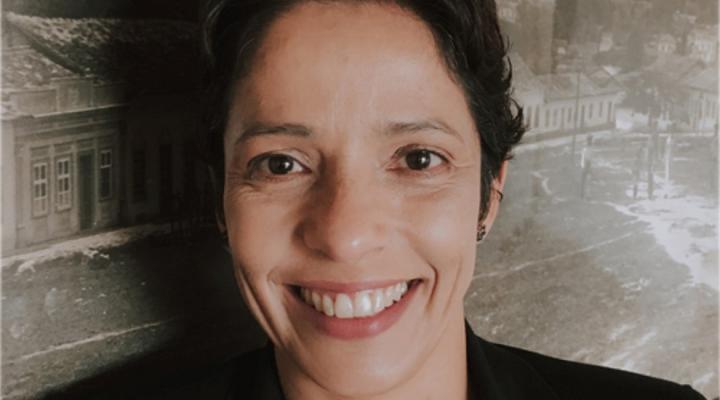
Translating innovative health technologies from concept to market.
Welcome new senior lecturer Suélia de Siqueira Rodrigues Fleury Rosa. Read more about Translating innovative health technologies from concept to market.

Hometown: Changchun, China
BME Degree (Year Graduated): M.Eng. (May 2019)
Tell us a little about yourself. What brought you to pursue BME, and come to Cornell for the BME MEng?
I’ve always had the heart of an engineer, and was particularly interested in medical sciences careers. When I was an undergraduate in biomedical engineering at Penn State, I sought out engineering design challenges and projects, but I found that the hands-on aspect at conventional BME programs at many universities, even the top ones, were limited to cell culture and microscopy labs. Practical innovation and engineering team building were skills largely lacking from these programs. At the time, I didn’t want to just study in another lab culturing cells and compiling reports. Because BME involves so much cross-disciplinary knowledge, I felt I needed to learn more of these skills to become a competent biomedical engineer. And I wanted to be an engineer solving problems in a team.
The BME MEng at Cornell was the perfect fit for me. In addition to Cornell’s reputation as a prestigious University, what really appealed to me was the flexibility of choices in choosing your path in the large field of biomedical engineering and the opportunity to work with industry experts and physicians on solving real-world medical problems.

Describe your design project you worked on at Cornell. How did what you learned at Cornell influence your career path since then?
My design project involved building a diagnosis device, called the Noci-Stim, for chronic muscle pain. The device utilizes nerve stimulation to locate sensitized, chronic-diseased muscles and mark the muscle groups on a 3D-muscle-atlas software that we built for pathological patterns and accurate treatment.
This project greatly influenced my career path; it basically changed my life and inspired me to found Dynein Health.
The backgrounds of our team members were quite wide-ranging and diverse (mechanical engineering, electrical engineering, biomedical engineering, and more) and this project was complex. With help from Dr. Newton De Faria and our sponsor Dr. Norman Marcus of the Norman Marcus Pain Institute, a world-class specialist on back pain treatment, we tried many methods and figured out a way to address the problem.
From this project, and from conversations with Dr. Marcus, I gained a lot of physiological knowledge and industry insights on how technologies can be applied to and revolutionize conventional methods. These skills collectively helped me in founding my startup, and through the M.Eng. design project, I learned useful techniques such as rapid-prototyping, agile engineering and how to communicate efficiently with customers.
Learning how to evaluate and build something people need is what I think matters the most and has truly helped me so far. It would have been really difficult for me to start a company without the innovative thinking or hard skills like rapid-prototyping that I learned at Cornell.
What are the most important skills or lessons you learned during your time at Cornell?
All the skills I learned at Cornell helped me found the startup, but for me the most valuable skills were how to lead a project team and techniques for communicating with customers and discovering product market fit. The guest lectures were really helpful for me to gain industry insights as well. Using this knowledge and these skills, I’m confident in every decision I make.
What have you been up to since graduating?
After graduating, I first worked as a technology leader in a health tech startup (Myosin Health) to support technological problems and to communicate with physicians and patients through trials.
Then I pursued my startup, Dynein Health, in Beijing, China. Dynein Health is designing a smart wearable device to help people in preventing cervical spondylosis, a deformation in the upper spine caused by years of incorrect postures.
Favorite Cornell experience or memory?
After an intense week of study and project work, grabbing a beer from Big Red Barn, sitting and chatting with my buddies about our plans for the future.
What advice might you give to Cornell BME students considering a similar path to yours?
What’s next for you in the coming months or years (hopes for your career based on current projects)?
I will continue dedicating myself to Dynein Health and strive to develop something people need -- this is going to take many years for me. Someday I may shift back into academia, looking to foster younger generations of entrepreneurs.
Favorite quote that helps inspire you in your work/life?
“When Naysayers Are Loud, Turn Up the Music” (Reid Hoffman)
More info: